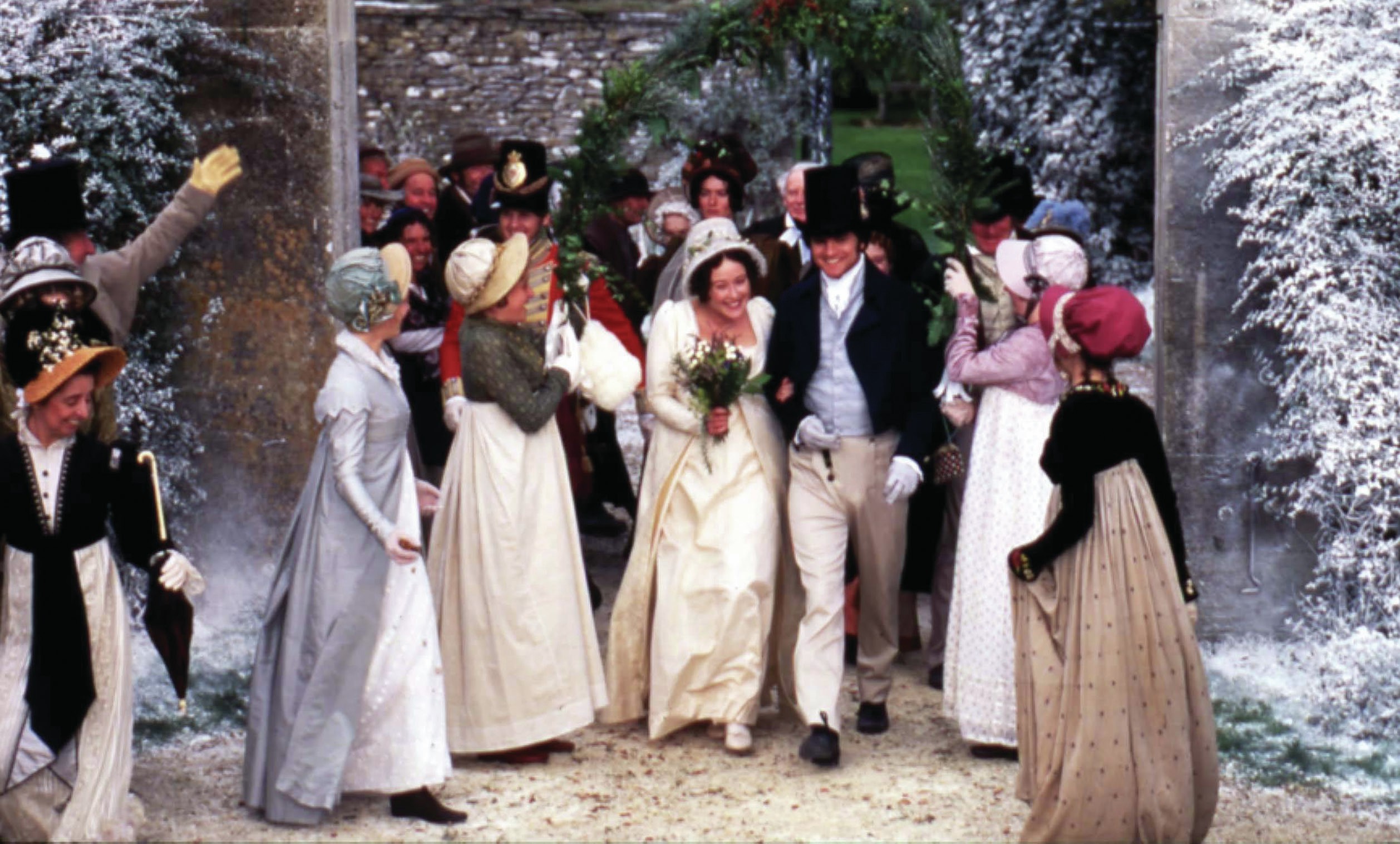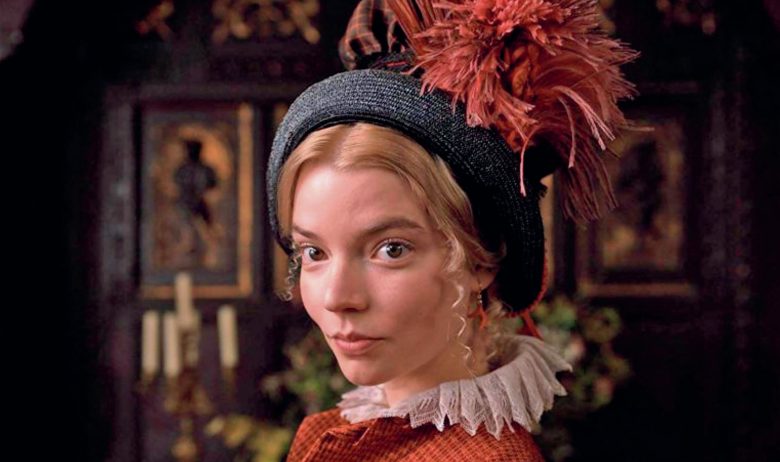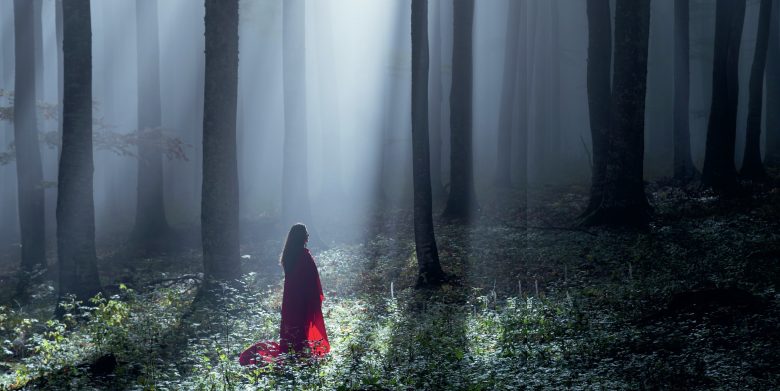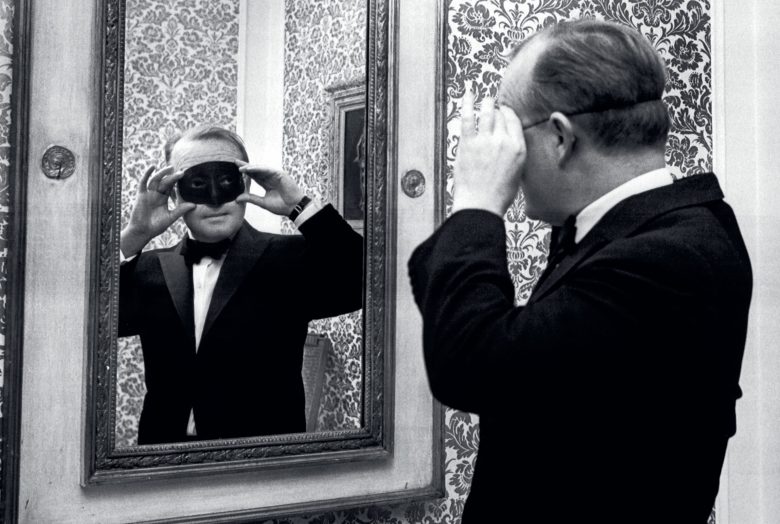
While at first glance a melodramatic ‘Condition of England’ novel describing the hideous effects of the Industrial Revolution would seem to have little in common with the most famously ‘light and bright and sparkling’ of all Regency social comedies, Elizabeth Gaskell’s North and South has often been read as a gritty Victorian reboot of Jane Austen’s Pride and Prejudice. This article will argue that comparing these texts reveals how both writers deploy the classic romance trope of the attraction of opposites to illuminate wider aspects of their contemporary milieux.
Almost as much critical attention has been drawn to Gaskell’s decision to ‘dilute’ her social critique with a love story as to Austen’s refusal to engage with the Napoleonic Wars. The polemical title North and South, which draws attention to the Victorian class divide defined by prime minister Benjamin Disraeli as the ‘Two Nations’, was imposed by Charles Dickens, editor of the magazine in which Gaskell’s novel was being serially published. In vetoing the author’s own preferred title, Margaret Hale, Dickens seems to have overlooked the extent to which Gaskell (like Austen) filters challenging questions about gender, class and culture through the traditional motifs of the romance genre. Martin Dodsworth has pointed out how North and South ‘starts three times — in Harley Street, in Helstone, and in Milton — and only really gets under way at the third attempt’, arguing that Gaskell ‘deliberately sets out to confuse her reader… to make clear, first, the sort of novel she is not writing, and second, the sort of novel she is writing’ (Dodsworth, p. 12).
Your organisation does not have access to this article.
Sign up today to give your students the edge they need to achieve their best grades with subject expertise
Subscribe




